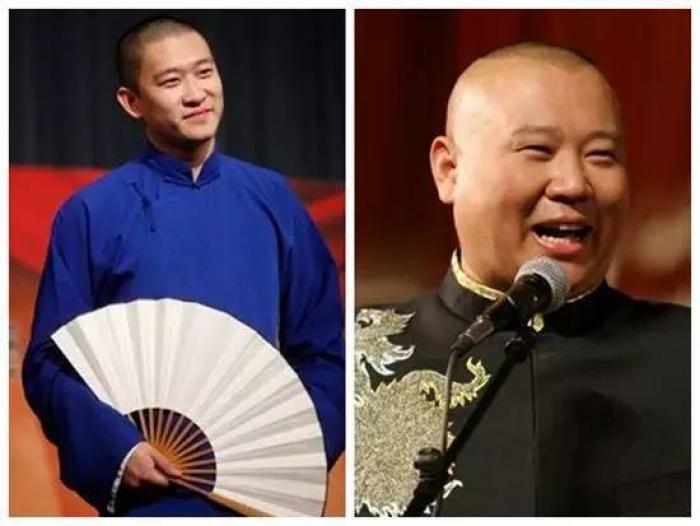Recently, the headline news on Guo Degang's public disputes with his apprentices actively appeared on various online platforms. Guo initially posted criticism about his two apprentices He Yunwei and Cao Yunjin by calling them unrighteous and unfaithful apprentices. However, the post was backfired by his apprentices' retaliating post of Guo's past "ugly deeds" that was over 7,000 words long. Online disputes turned very much heated in the end.
In fact, this dispute has happened a few times before with his fellow colleague Xu Deliang and his first apprentice He Yunwei. It is said that such heated disputes are very common in Guo's team.
Let's analyze this situation from the biblical perspective through the story of Abraham and Laban.
When Abraham left Ur, he had no son at that time. He brought his nephew Lot to venture forth to the new destination. Along the journey, Abraham cared for his nephew and they both formed a strong father-and-son like bond. Though the journey was arduous filled with desert and trials, their love for each other dispel all the hardship. However, their strongly forged tie was in crisis when they entered the land of Canaan.
When both of them start to accumulate abundant wealth in Canaan, Abraham starts to realize the change in his nephew. Similarly, Lot finds Abraham continuously unloving. Thus, the situation deteriorated until they parted their paths. However, Guo's situation is similar, yet pretty different from Abraham's. Abraham parted from Lot on peaceful terms. Instead, Guo is still looking for every single opportunity through online posts or talk shows to express his anger over his apprentices who have left his team.
Similar to Abraham, Guo might have faced a sense of betrayal by his apprentice. Indeed, this struggle is hard for one to digest. He might seriously think that one shouldn't leave him after being successfully trained and mentored by his hard work.
Abraham might have felt the same when Lot decided to part his way. However, as the Father of Faith, Abraham indeed reacted differently from Guo in the similar circumstance.
Ever since Abraham adopted Lot, he had never thought of controlling his future or taking advantage of him. He trained Lot as a leader and was never stingy about letting Lot access to abundant possessions.
In contrast, Guo's apprentices complain that Guo tends to see them as tools to build his own success. They express that little earning was been distributed to them upon massive profits earned from their performances.Thus, they attribute "greed" to Guo's weakness, which eventually propels his apprentices to leave his team.
In the church, similar scenario is never uncommon. Many Bible school graduates tender their service in church after a period of working for the church without getting the well-deserved coverage in proportion. Thus, churches have been blaming them for their "unfaithfulness" of leaving instead of analyzing the true cause of the issue.
Among over 60 classmates in my Bible school class, only 10 of them are still serving the church. Rationale is given as inadequate support of their basic practical need during their service. Some complain that the top-level leaders of CCC/TSPM (China Christian Council and Three-Self Patriotic Movement) keep on upgrading their cars whilst basic needs of the ground-level preachers are ignored. As such, many have given up on the full-time service in search for better financial support.
Hence, if Guo continuously keeps the bulk of the team's earning to himself, how long can his relationship with his apprentice last?
In conclusion, a church or a secular organization should always put themselves in his people's shoes. Once we open up our minds to the needs of others, nothing should be difficult to let go. Abraham is indeed clear about Lot's leaving as a better path for himself. Thus, there is no soured argument upon their parting. Understanding always wins.
(This author is a preacher from He'nan Province.)












